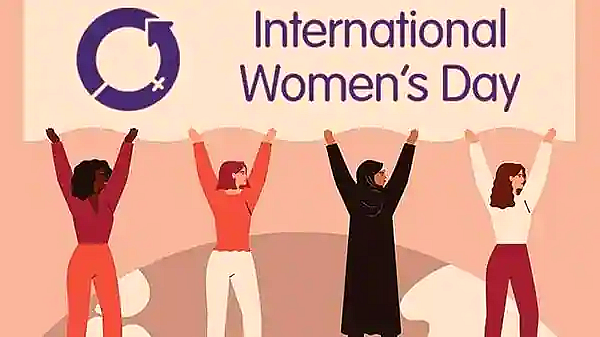 On International Women’s Day 2022, we jointly call for progressive steps to improve maternal, sexual and reproductive health of women for all residents of Malaysia.
On International Women’s Day 2022, we jointly call for progressive steps to improve maternal, sexual and reproductive health of women for all residents of Malaysia.
Women’s health is a prime global focus, reflected by United Nations Sustainable Development Goals 3 (Good Health & Well-being) and 5 (Gender Equality).
Despite recent gains in Malaysia, we must do more to ensure that all women in Malaysia will receive fair care and treatment.
We call for the government, especially the Ministries of Women, Family, and Community Development (MWFCD), Health (MOH), and Education (MOE) to:
1. Embed maternal, sexual and reproductive health metrics into Malaysia’s public agenda and international commitments.
Metrics for maternal, sexual and reproductive health include the maternal mortality rate (MMR), rate of teenage pregnancies and percentage of women able to access safe contraception.
These metrics should not be hidden in statistics or obscure reports. These metrics are not taboo, shameful or stigmatizing. Instead, these statistics should be front-and-center in Malaysia’s public agenda and international commitments through international treaties, conventions and declarations.
When these metrics are front-and-center, progress will happen, like how Malaysia’s MMR dropped from 280/100,000 (1957) to 25/100,000 (2018) partly due to our international commitments.
However, while we call for health issues to become political priorities, we urge all stakeholders to address implementation gaps at the same time.
2. Reframe women’s health issues as public health issues, not as women’s issues.
Women make up half the total population of Malaysia. Therefore, women’s health is public health.
The goal of public health is to improve health outcomes of populations.
Here, we must ensure easy access to information, screening services, self-education and self-management tools to improve women’s sexual and reproductive health.
This can be achieved through synergistic collaboration between the MWFCD, MOH and other relevant stakeholders.
Moreover, effective data collection on maternal, sexual and reproductive health must be implemented and included in Malaysia’s public health analysis.
This includes mainstreaming gender into the national budget and monitoring allocations directed to women’s health services, sexual and reproductive health services and services for survivors of gender-based violence.
Importantly, a clear and consistent strategy must be implemented to increase the effectiveness and accessibility of services for survivors of gender-based violence through One-Stop Crisis Centers (OSCCs).

3. Strengthen the primary healthcare response to gender-based violence and domestic violence.
The prevalence of domestic violence within a public primary healthcare clinic vastly exceeds its prevalence in Peninsular Malaysia (22% versus 9%), as revealed by a Universiti Malaya study in 2019.
Yet, a systematic response to domestic violence remains sorely absent at the primary care level.
Survivors who seek help from Klinik Kesihatan do not receive adequate support as healthcare providers are not well-equipped to identify signs of abuse or offer first-line support, while referral pathways to other resources remain unclear.
Therefore, we must improve the primary healthcare infrastructure in Malaysia through the 2,000-plus Klinik Kesihatan to enable victims of gender-based violence and domestic violence to receive the support and interventions that they need.
4. Implement laws to ensure that every woman has a right to health.
There is no dedicated or universal law on women’s health in Malaysia. Therefore, it is crucial to pass new laws to protect the health rights of all women in Malaysia, and to support these laws by appropriately strengthening our health system.
In specific terms, this means that all women should have access to healthcare without any physical, cultural, religious, emotional or financial barriers.
This requires a multi-stakeholder approach led by the MWFCD and MOH working together with Ministries of Human Resources, Trade, Religious Affairs and Education.
The lack of access to adequate maternal, sexual and reproductive health services is a global issue, and Malaysia is not spared.
This issue is more pronounced in certain populations such as adolescents, unmarried women, documented and undocumented migrants, refugees, stateless people, women living with HIV, women with disabilities, and LGBTQ+ groups.
Healthcare must not condone discrimination. Regardless of circumstance, every person must receive fair and non-judgmental medical treatment.
Women’s rights are not only basic human rights, but a global public health issue.
Coordinated by:
- Malaysian Health Coalition (MHC)
- Obstetrical and Gynecological Society of Malaysia (OGSM)
- Women’s Aid Organization (WAO)
- Dr Ivanna Sim and Aizat Ahmad Zaini (MHC). Isabel Chung and Rusni Tajari (WAO)
Signed by:

ADVERTISEMENT
ADVERTISEMENT


































